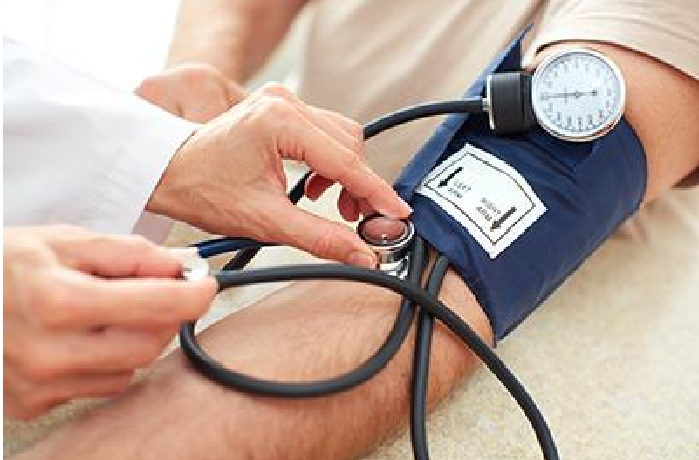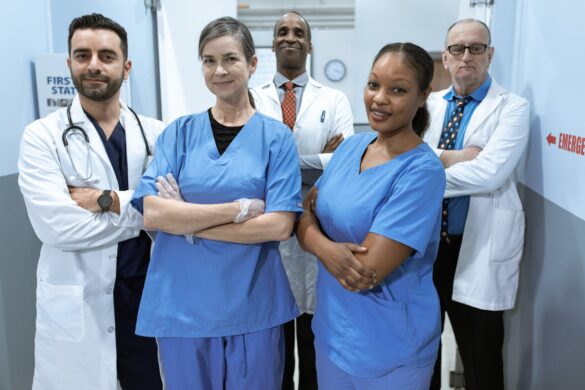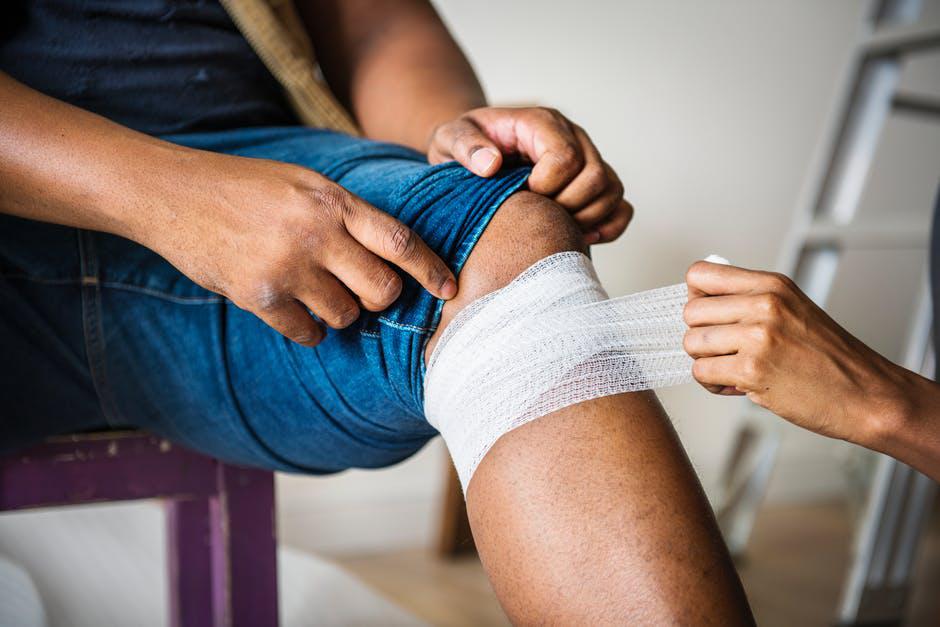
Unfortunately, growing up and growing old comes with some major downsides. One of the biggest is all the health checks and inspections that your doctor wants you to have. Many come with recommended start dates, so once you hit your 35th birthday, for example, you might have a surprise in the mail and it won’t be a card.
On the other hand, when you put it into perspective, turning up at the clinic once every couple of years for an exam (even if it is a little intimate) is a small price to pay for peace of mind. Plus, when combined with things like exercise, good diet, and osteoporosis and natural treatments for your health, they will keep you fit, happy, and strong.
This guide to the most common (and recommended) health checks will give you some insight on when you should be seeing your GP.
Health Checks for the Ladies
Blood Pressure
Blood pressure is something that doctors start checking early and continue to monitor throughout your life. So, most people have their first checks at around eighteen, unless they are at a higher risk or being prescribed contraceptive pills. Ladies on birth control pills are required to have to get a quick reading at least once per year. For everybody else, it is carried out once every two years.
Pap Smears
The Pap smear is dreaded by women the world over, but it lasts no longer than a couple of minutes and it ensures that you have a healthy cervix. Cervical cancer is increasingly common in young women and it can be very aggressive. This is why regular testing is essential. It usually starts at around the age of twenty-one.
Mammograms
Mammograms are great at detecting early stage breast cancer. This is why women with a family history of the disease are asked to start checks at a younger age. These inspections are designed to be paired with independent self-exams, so keep a close eye on any changes to your breasts.
Health Checks for the Fellas
Prostate Screening
The exact cause of prostate cancer is not fully understood and there is no definitive test which can detect it with a 100% rate of success. However, manual (invasive) screening is very effective, because it involves direct contact with the prostate gland. Now, this is the reason why so many men delay checks, but the process lasts just seconds.
Testicular Checks
Testicular cancer is one of the most common in men aged between 15-45 years. The good news is that it is also one of the most curable when found early. Once again, checks are very quick and involve a manual inspection. Like mammograms, they are designed to be combined with your own private checks in the bath or shower.
Bowel Cancer
It is very easy to get tested for bowel cancer. In fact, in most countries, you don’t even have to turn up to the doctors anymore. You can request an at-home testing kit, which will be sent through the post. You then carry out your own test and inform the doctor if the results indicate anything abnormal or suspicious. Bowel cancer is a big killer and the likelihood of contracting it increases with age, so eat well, exercise regularly, and take care of your body.
Why You Are Responsible for Your Good Health
It is easy to go through life assuming that you’ll never get sick or contract any serious diseases. This may be the case, but there’s just no knowing for sure. What you can do is take steps to lower the risk and make sure that you’re not in the danger zone when it comes to the big killers (heart disease, cancer, strokes, diabetes, etc.).








